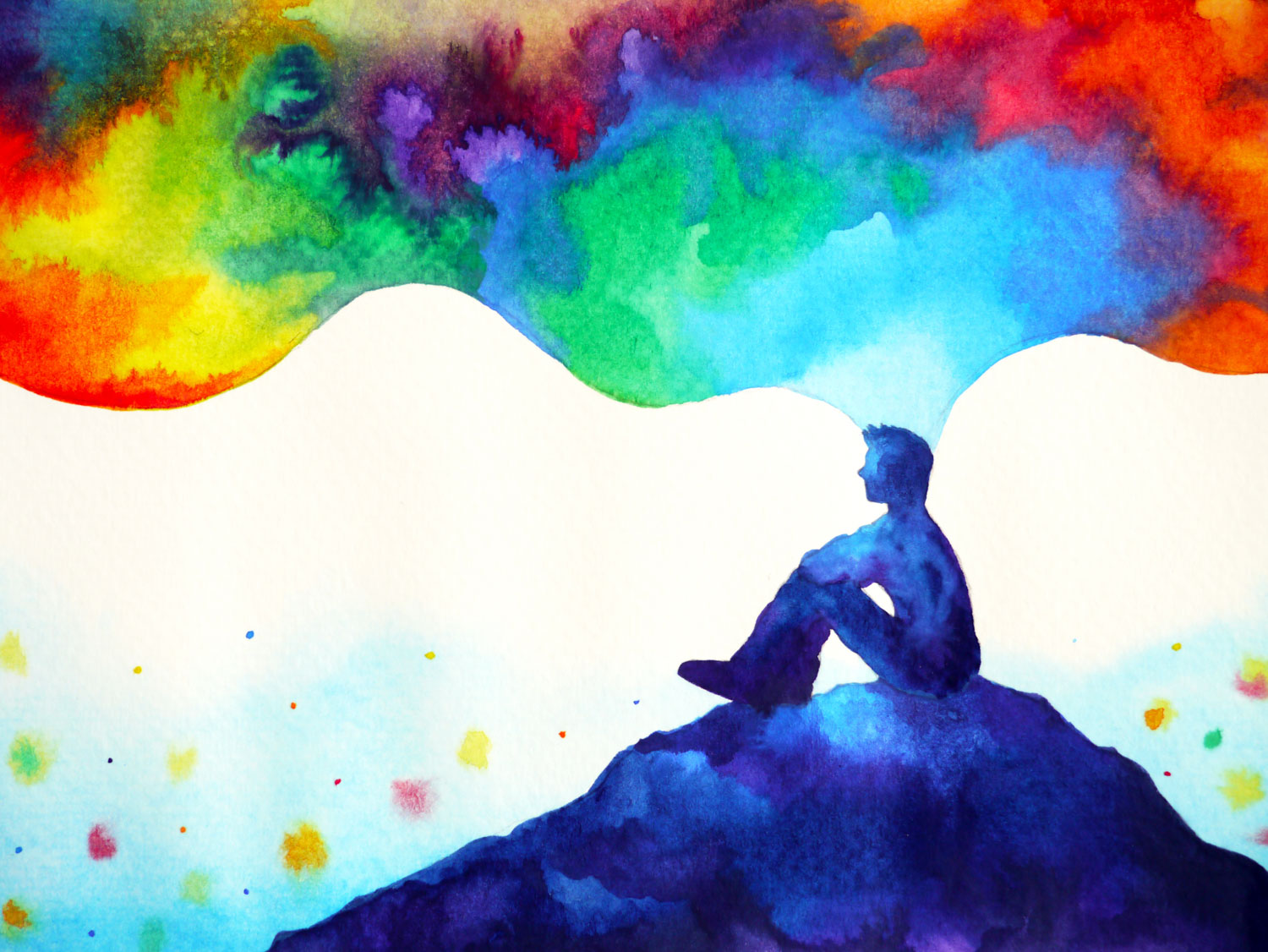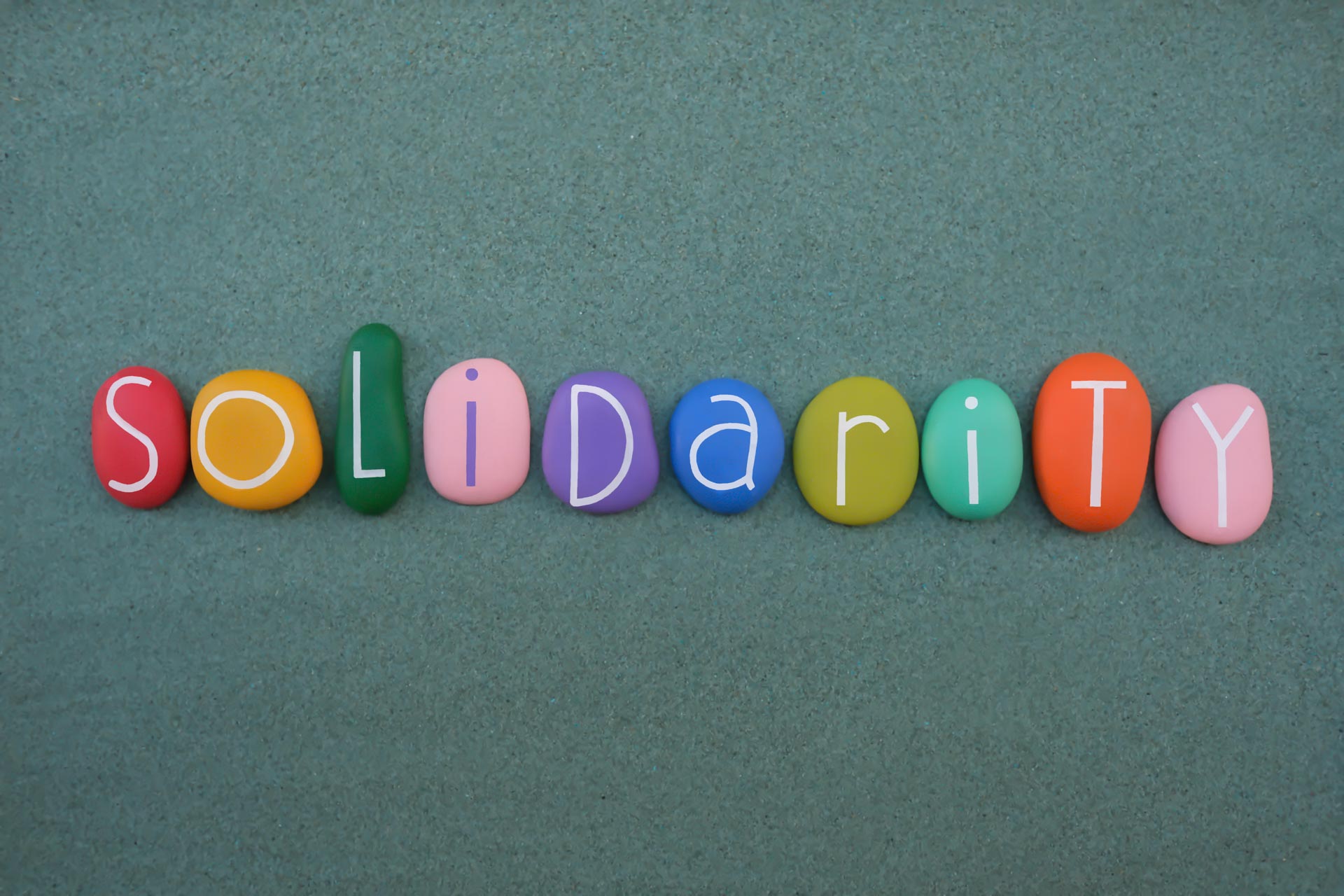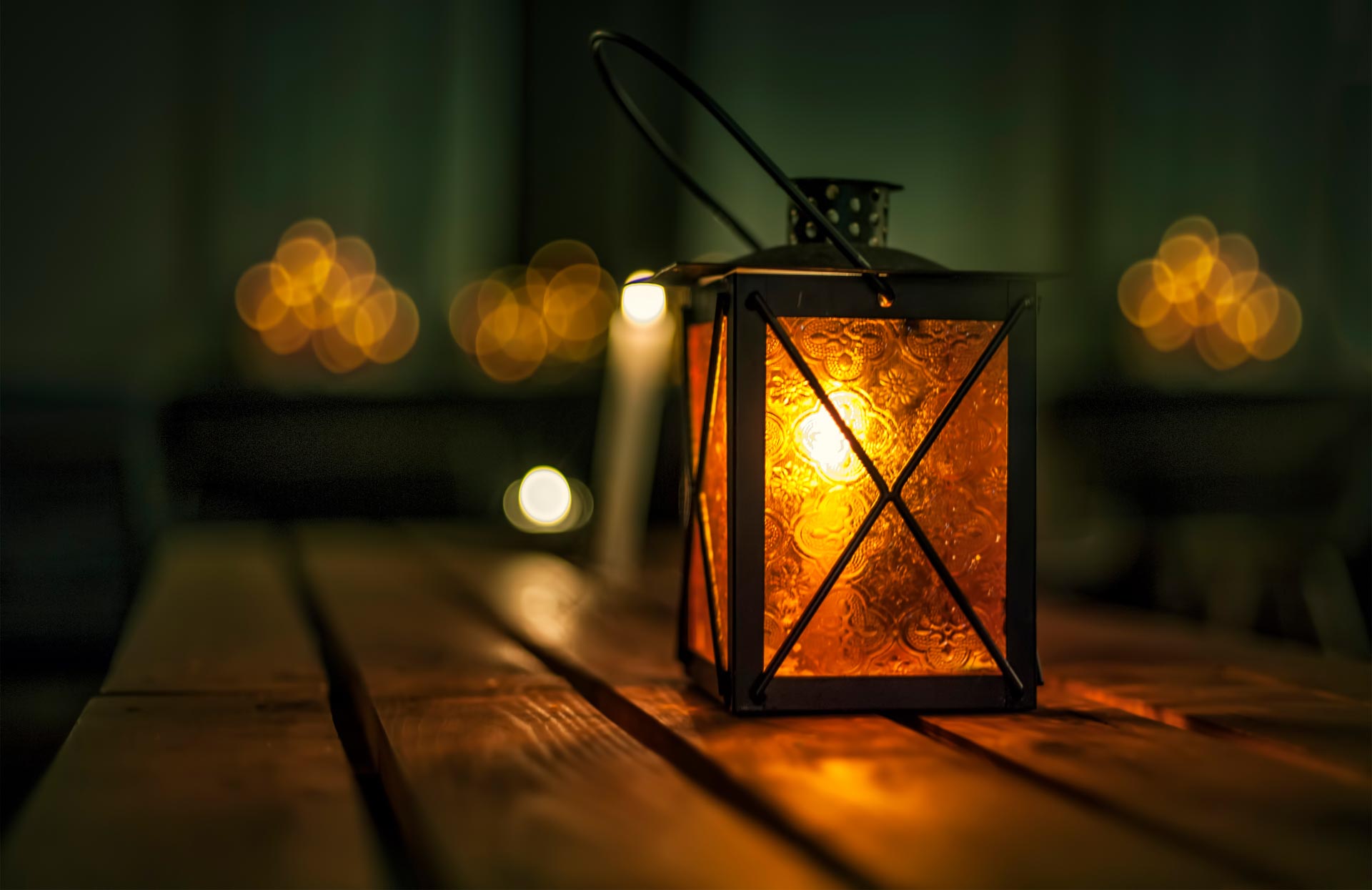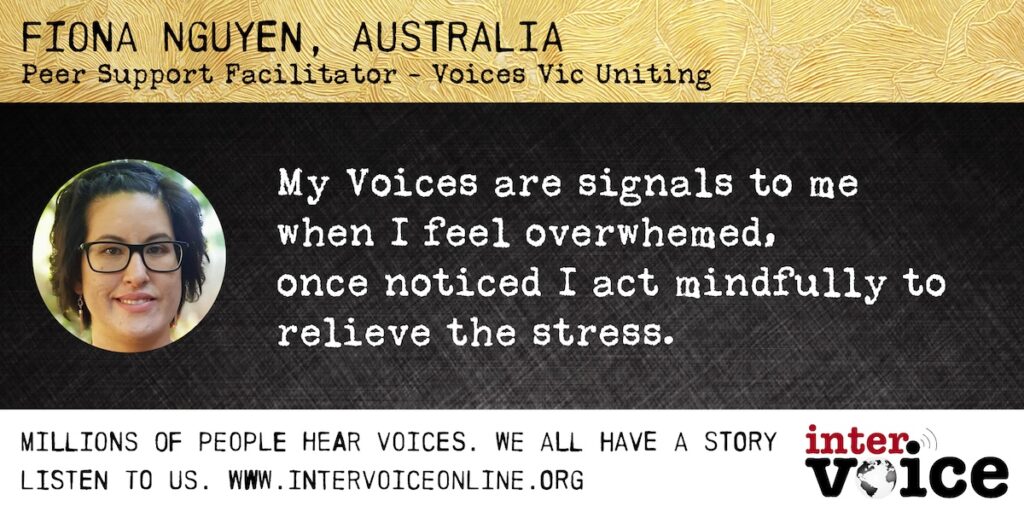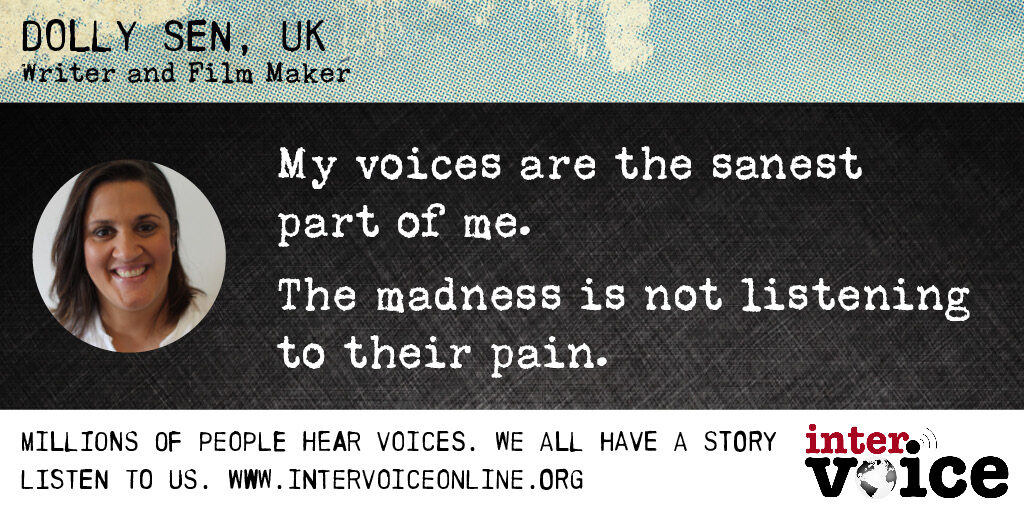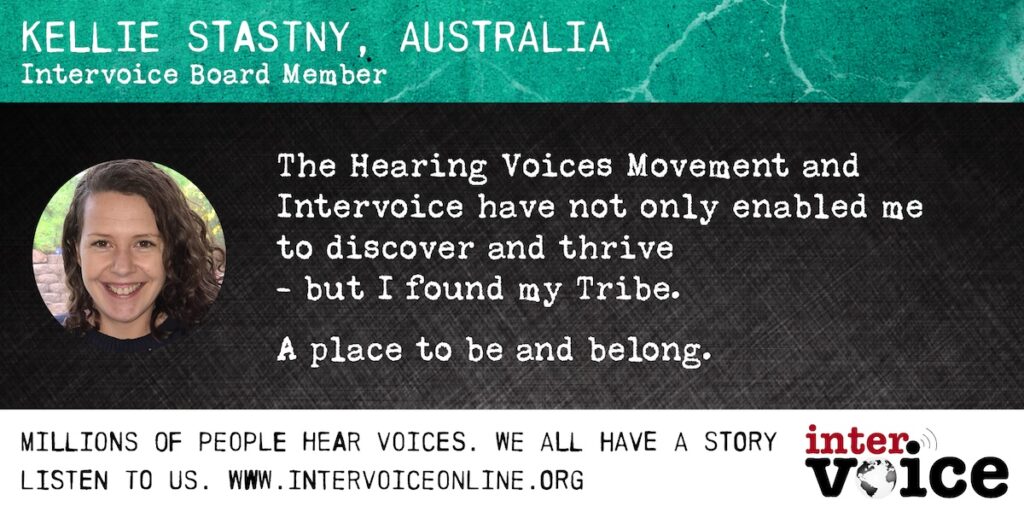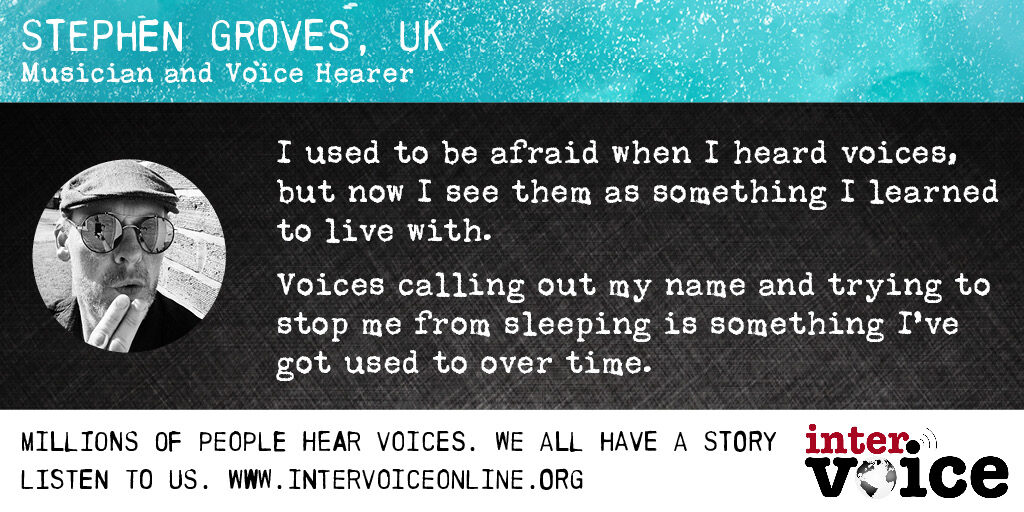Is there a link between madness and creativity?
Extracted from an article in The Independent on Sunday, 18th March 2007
Sara Maitland, 56, is a prize-winning novelist and short-story writer, the author of several works of theology and gardening, and a teacher in creative writing. She has also, since her teens, suffered from visitations of mental disarray. “I was very young in the late 1960s, and there was a glamour about madness, in those Laingian days. I wasn’t eating or looking after myself or ‘conducting myself in a proper manner’,” she says, emphasising the last words with bolshy-schoolgirl scorn. “I used to react excessively to things. I’d lie down in the street and weep and wail.” She went to a mental hospital. “I wasn’t sectioned, I took myself there, though I didn’t have a lot of choice. I was on drugs off and on. Of course, this was some time before the voices.”
It’s piquant to listen to this charming, ferociously gifted woman chatting about the voices which settled in her head over the years. “I’ve never believed it’s a completely external, fully embodied voice,” she says. “Some people do. I always know that they’re something to do with my imagination. I tend to record them, write what they say in notebooks.” What do they say? “It tends to be pretty hyper; they talk in fairly Biblical language.” Are they male or female? “I’ve a set of voices and they’re very different. I give them names to make them more manageable. Not personal names, but descriptions – the Dwarf, the Angel, the Little Girl. They have vocal timbres to go with their names.” Was her writing improved by the voices? “Yes, I think they give me better insights. In my second novel, Virgin Territory, I tried to use the voices directly, to incorporate them. It was exhausting. Once is quite enough for that.”
She concedes that some mentally ill people revel in performance. “Patients get into a state where they say, ‘I’m more anorexic than you, I’m suffering more, I’m madder than anyone else.’ And writers do that too. All artists are show-offs.” Did she think mentally disturbed people produced valuable work as a result of their disability? “I don’t want to say that evil psychiatrists and the Government are trying to stop the production of wonderful artworks, because it’s more complicated than that. But I’d say there’s a connection between those kinds of excitements and imaginative excitements. Which doesn’t mean every artist has to be psychotic, nor that every psychotic is an artist.”
What is Sara suffering from? Don’t, if you know what’s good for you, mention the S-word near Ms Maitland. “I don’t think schizophrenia exists, although there’s a long list of symptoms associated with it. I’ve a friend who was interviewed by a nurse looking for symptoms of schizophrenia. She asked such stupid questions that my friend laughed – and the nurse ticked another box, because ‘inappropriate laughter’ is another symptom.” She whinnies with indignation. “If you sent a supposed schizophrenic to different psychiatric consultants around the country, no two people would come up with the same diagnosis. Well, you wouldn’t go to hospital to have your appendix out if they’d given you five different diagnoses, would you?” She sees the word as “a put-down word, that makes you lose your fundamental human rights, makes you have compulsory treatment, makes you take medicine which no one says will make you better and often makes you worse.”
What really annoys her is the way that psychiatrists lump different altered states under the same umbrella. “I said to a psychiatrist that there must be something wrong, when people are unable to distinguish between Peter Sutcliffe [the Yorkshire Ripper] and William Blake [who as a boy saw angels sitting in a tree on Peckham Rye, ‘bright wings bespangling every bough like stars’] and he said, ‘There’s no difference.’ I said, ‘Excuse me, there’s a massive difference between writing a lot of beautiful but rather strange poetry and going out and murdering a lot of women.” She wants to establish a respectable pedigree for hearing voices. “In the days of Joan of Arc, a whole range of options were advanced about why she was afflicted by voices. That range is dead. Now, if you hear voices, you’re a loony. That’s what I want to challenge.”

